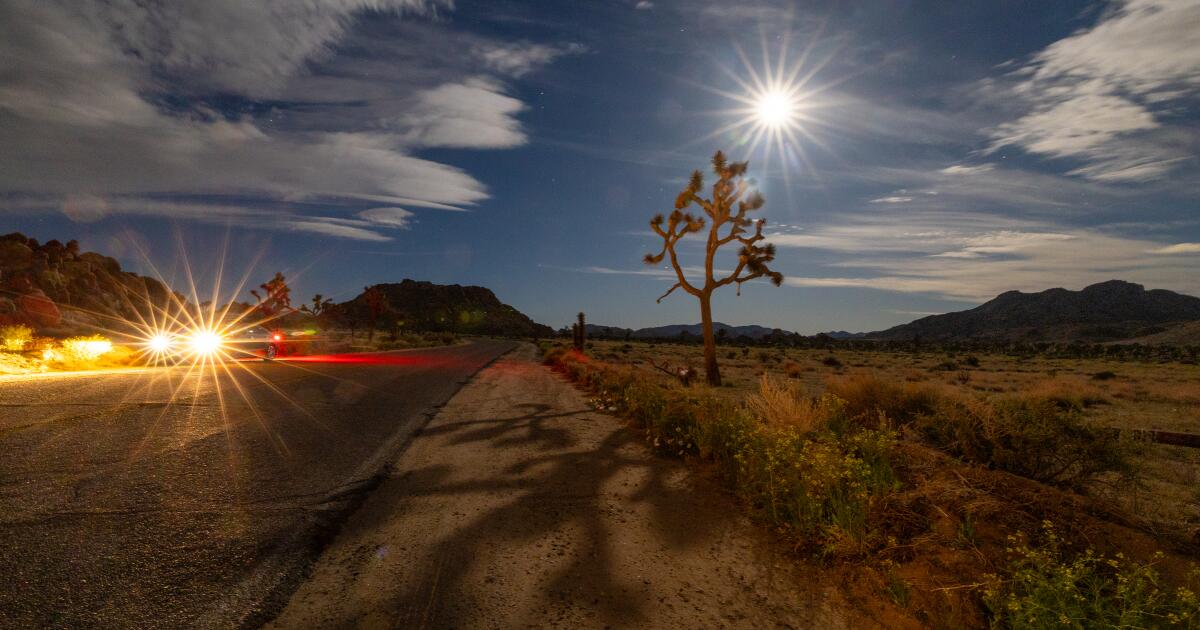
""This area is important for the long-term survival of the Joshua trees," Rockwell said. "It's that last refuge.""
"The iconic trees are not adapted to wildfire, meaning any fire damage can be devastating to the population."
"While the Joshua tree is currently ubiquitous, climate models show there won't be much suitable habitat left by the end of the century."
"These slight differences could be enough, experts say, to allow Joshua trees to continue to survive and reproduce even under a hotter, drier climate."
A recent fire in the Covington Flats area of Joshua Tree National Park burned 165 acres of vital habitat for Joshua trees, posing a significant risk to their survival amid climate change. Park officials emphasize Covington Flats as a crucial refuge due to its cooler temperatures and higher rainfall. Experts warn that the iconic Joshua trees, not adaptively structured for wildfires, face devastating impacts from such events. With predictions showing diminishing suitable habitats for the trees, immediate action is emphasized to protect this essential ecosystem.
Read at Los Angeles Times
Unable to calculate read time
Collection
[
|
...
]